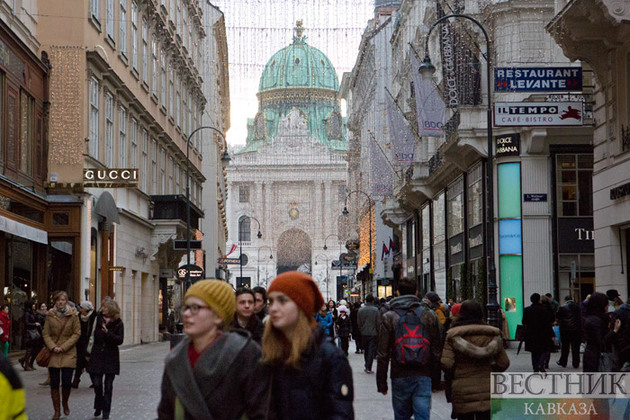After the collapse of the Soviet Union, Turkiye was one of the first countries to recognize Armenia’s independence, on Sept. 21, 1991. But following the 1993 occupation by Armenian forces of the Nagorno-Karabakh region, internationally recognized as Azerbaijani territory, the border between the two countries was closed, a condition that has remained to this day. There are other contentious issues as well, including the events of 1915 in the Ottoman Empire, Rabia Iclal Turan, Turkish journalist writes for Anadolu Agency.
Past attempts to normalize relations
On Oct. 10, 2009, the two countries signed a peace accord, known as the Zurich Protocols, to establish diplomatic relations and open the border, but failed to ratify the agreement in their respective national parliaments. Fast forward to fall 2020 and the end of the 44-day second Nagorno-Karabakh war, which helped Azerbaijan recapture its territory and also put Turkish-Armenian relations into a new phase. That December, Turkish President Recep Tayyip Erdogan, on a visit to Azerbaijan, said Turkiye could open its borders to Armenia if Yerevan takes positive steps toward regional peace. There were positive signals from both sides, who then appointed special envoys as the first step to end decades of hostilities. It was followed by the resumption of flights after a two-year hiatus and Armenia’s lifting of a ban on Turkish imports.
Meeting of special representatives
The special representatives from Turkiye and Armenia, Serdar Kilic and Ruben Rubinyan, first met on Jan. 14 in Moscow, and the next meeting is set to be held in Vienna on Thursday. As Rubinyan and Armenian Foreign Minister Ararat Mirzoyan have also been invited to the Antalya Diplomacy Forum in Turkiye, set for March 11-13, but have yet to confirm their attendance, all eyes are on the meeting in the Austrian capital.
In recent weeks, I had the opportunity to visit Armenia and speak to a variety of people, including traders and academics, and my colleagues at Anadolu Agency spoke to businesspeople in Turkish border cities, who see the normalization of relations as a win-win situation.
Despite differences, many agree that the opening of the borders and railways between Turkiye and Armenia would bring economic benefits to both sides. Shopkeepers in border cities such as Kars, Igdir, and Gyumri are especially eager to grab the opportunity. While some retailers in the Armenian border city of Gyumri urged caution in terms of competition with Turkish goods and its risks for domestic industry, one shop owner told me that “trade brings people closer and brings peace.”
Meanwhile, businesspeople in Turkiye’s eastern city of Kars, near the currently closed Dogu Kapi border gate, said they expected a “massive influx of tourists” from Armenia to their historical and religious sites if the ongoing efforts succeed, and a link between Kars and Armenia by road and railway is established.
Despite the sealed borders, Turkish products make their way to Armenia by way of Georgia and Iran. The trade volume between Turkiye, with a population of over 83 million, and Armenia, with a population of 3 million, stood at $15.3 million in 2012-2021. Several Turkish clothing chains such as LC Waikiki, Koton, and Mavi also have locations in the Armenian capital.
What's next?
Analysts I spoke to sounded optimistic about the historic bid by Turkiye and Armenia and stressed that normalization is not “reconciliation,” but rather the first step towards addressing issues concerning the two societies and two countries. Resuming direct flights was hailed as a positive development by people from both sides, but they said that the real turning point would be the opening of the borders.
President Erdogan said Wednesday on his way back from an Africa tour that "If Armenia is determined to continue the process that started with the special representatives, for us keeping the doors closed will be out of the question." He added that Turkiye is in favor of a six-country regional cooperation platform, including Azerbaijan, Armenia, Russia, Georgia, and Iran, while also stressing that his country will continue the normalization process in "close coordination" with Azerbaijan.
The first meeting between the special representatives discussed a roadmap to normalize relations, and it is expected that opening of the land borders, resuming railway services, and establishing diplomatic relations could be next in line. One can hope for a more positive and conducive atmosphere if the neighboring countries agree to establish trade and tourism relations and open borders to boost people-to-people contacts, which would, in turn, help them overcome the remaining political issues.






